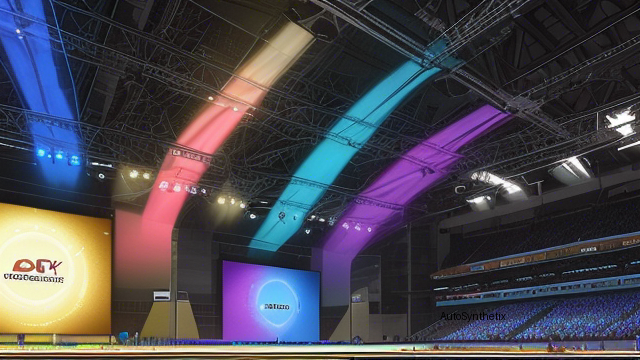Introduction
The rapidly evolving field of artificial intelligence (AI) propels cutting-edge advancements across numerous sectors. As a result, AI-centric competitions gain prominence, fostering innovation yet presenting unique technical debts challenges. This compelling study spearheaded by Dionysios Sklavenitis and Dimitri Kalles dives deep into understanding, classifying, and mitigating tech debts within AI contest platforms – introducing 'accessibility debt,' a novel concept paving the way towards more sustainable solutions.
Understanding Technological Indebtedness in AI Contests
As technology marches forward at breakneck speed, conventional software engineering practices sometimes fall behind, particularly when dealing with complex AI applications. The fast pace of prototype generation during AI contests exacerbates this issue, leading to what's commonly referred to as 'technical debt.' Organizers struggle to gauge a system's overall quality due to this pervasive problem, directly affecting the longevity and efficiency of these platforms.
Categorization of Varied Technical Debts Within AI Domains
Through extensive literature reviews, the duo identifies multiple categories of technological indebtedness prevalent in AI ecosystems. These encompass a wide spectrum from algorithmic intricacies down to data management aspects. By meticulously dissecting these subtypes, the scholars aim to provide actionable insights that enhance the overall health of AI competition environments.
Introducing "Accessibility Debt" - Overcoming Participant Barriers in AI Challenges
Amongst the myriad classifications lies a freshly coined term, 'accessibility debt.' Specifically tailored for AI contest settings, accessibility debt emphasizes the user experience shortcomings plaguing many contemporary platforms. Imbued with a focus on improving interactivity, ease-of-use, and participant satisfaction, this innovative approach tackles a critical aspect frequently overlooked but crucial in maintaining competitive spirit among developers.
Framework Proposal: Tackling the Menace Head On
With a clearer comprehension of AI competition-specific technical debts under their belt, the investigators propose a groundbreaking framework designed explicitly for mitigation purposes. Their comprehensive strategy caters not just to organizers but also extends support to fellow researchers, competitors, and enthusiasts alike. Together, this collaborative effort strives to create a harmonious balance between ingenuity, scalability, and endurance in the ever-evolving world of AI competitions.
Conclusion
Skillfully navigating uncharted waters, Sklavenitis and Kalles' work provides a much-needed roadmap toward addressing burgeoning concerns surrounding the escalating complexity inherently linked to AI-driven events. With a sharpened focus on 'accessibility debt', they open avenues for future explorations aimed at optimizing both the creative potential and operational sustenance in AI competition landscapes worldwide.
Source arXiv: http://arxiv.org/abs/2405.11825v2
